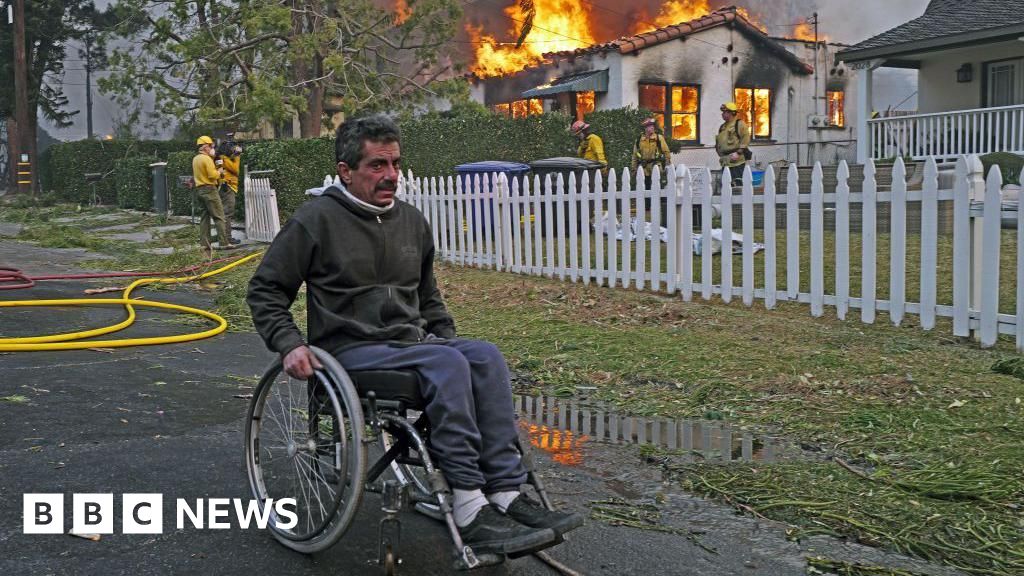Pensioners could face severe delays getting a flu vaccine this winter, with a surge in demand caused by the coronavirus pandemic leading to shortages.
High street pharmacy Boots has suspended bookings for those aged 65 and over at branches across the UK. LloydsPharmacy is only allowing bookings for customers that have registered an interest online due to ‘unprecedented demand’.
Meanwhile, waiting lists at some GP surgeries are at high levels, leading to a potential several week wait for the jab for the elderly.
It means that those aged 65 or above are facing the prospect of being without a flu vaccine over the winter, despite the government promising that, as the most vulnerable, they would be at the front of the queue.
Officials are aiming to immunise 30 million Britons this winter, in the largest flu vaccination programmer ever undertaken in the UK, to ensure health services are not overwhelmed by a sudden influx of Covid-19 and flu patients.
But some experts have insisted Britain ‘almost certainly’ will not see two consecutive waves of flu and coronavirus.
Flu infections during the cold long months in the southern hemisphere are a canary in a coalmine for how hard the NHS will be hit by outbreaks, and are used to design the preventative flu vaccine. But this year Australia and New Zealand have escaped a bad flu season, which top experts say is down to social distancing measures.
It means that those aged 65 or above are facing the prospect of being without a flu vaccine over the winter, despite the government promising that, as the most vulnerable, they would be at the front of the queue (stock)
Australia, which faces a similar flu outbreak to the UK, saw very few flu infections this winter. This suggests the UK may dodge a ‘double-whammy’ of coronavirus and the flu
Once uptake has been ‘maximised’ in all most at risk groups, the Department of Health says the vaccine will then be made available to all those from 50 to 64 years old.
But they caution that anyone in this group with a long-term health condition should look to get vaccinated earlier in the season.
Officials have previously insisted that pensioners remain a priority – despite the sheer scale of the project meaning that it would have to be rolled out in stages.
Greg Clark, chairman of the Commons science committee, told The Daily Telegraph: ‘Suppressing the flu helps fight Covid by reducing the number of people with Covid-like symptoms who would need to isolate and be tested, and by reducing the severity of the impact on those who do get Covid. It is essential as many people as possible are able to get a flu jab.’
Launching the vaccination programme last week, Professor Jonathan Van-Tam, the deputy chief medical officer for England, said: ‘The emphasis has always got to be on the high-risk groups.
‘Flu can be deadly and it is easily spread in children and adults.
‘The vaccine is the best way to protect yourself from becoming ill with the flu, especially if you are in a vulnerable group.
‘This winter with Covid-19 still circulating, and the increased risk to life if you are ill with both viruses simultaneously, it is even more vital to get the free jab as soon as you can.’
Boots and Lloyds have decided to suspend bookings for those aged 65 and over at branches across the UK amid a supply shortage (stock)
But surging demand has led to pharmacies running out of their first batch of vaccinations – as it spiked at ten times higher than last year with surgeries struggling to ensure the PHE target is met.
A spokesman for Boots said: ‘We have seen more people than ever booking early to get their flu vaccinations, and due to the level of demand and limited stock that we have available, we made the decision to pause taking any new bookings for our private and NHS under 65s Flu Vaccination Services earlier this week.’
They said the suspension was to ‘make sure we can vaccinate the patients who have already booked their appointment with us’.
The Department of Health and Social Care controls an emergency stockpile of jabs but this has yet to have been made available to surgeries.
This is expected to change in the coming weeks.
Graham Slesser, a 65-year-old accountant from Doncaster, tried to book a flu jab from his local GP yesterday, having been turned away by his high street pharmacy.
He said: ‘I was told there were 200 people ahead of me and I might not get an appointment until the end of October.’
Amid fears over a ‘double whammy’ hitting the health service Professor Paul Hunter, an infectious disease expert at the University of East Anglia, previously told MailOnline Britain ‘almost certainly’ will not see two consecutive waves of flu and coronavirus.
‘There’s been virtually no influenza around in the southern hemisphere during their flu season this year and the reason for that is obvious,’ he said. ‘The things we’re doing to control Covid are even more effective on influenza.’
Dr Ed Hill, a post-doctoral researcher working on modelling the spread of disease at the University of Warwick, said measures to inhibit the spread of coronavirus would also ‘disrupt’ influenza transmission.
‘The combined interaction of non-pharmaceutical interventions, targeted at reducing Covid-19 transmission but also impacting influenza transmission, and a wide-spread and intensive vaccination campaign may reduce the scale of seasonal influenza this winter,’ he said.
Australia and New Zealand — whose winter occurs during the UK’s summer — have given hope that Britain will not inevitably be hit by the flu and Covid-19 at the same time.
So far this year Australia has recorded only 21,000 influenza infections, fourteen times lower than last year’s figure at 313,000.
After Sydney declared a lockdown on March 23, flu cases dropped from 5,895 for the entire month to 308 in April, and to a low of 121 in August.
New Zealand didn’t see one influenza case since screening began in June. Last year about 57 per cent of samples collected by GPs were positive.







